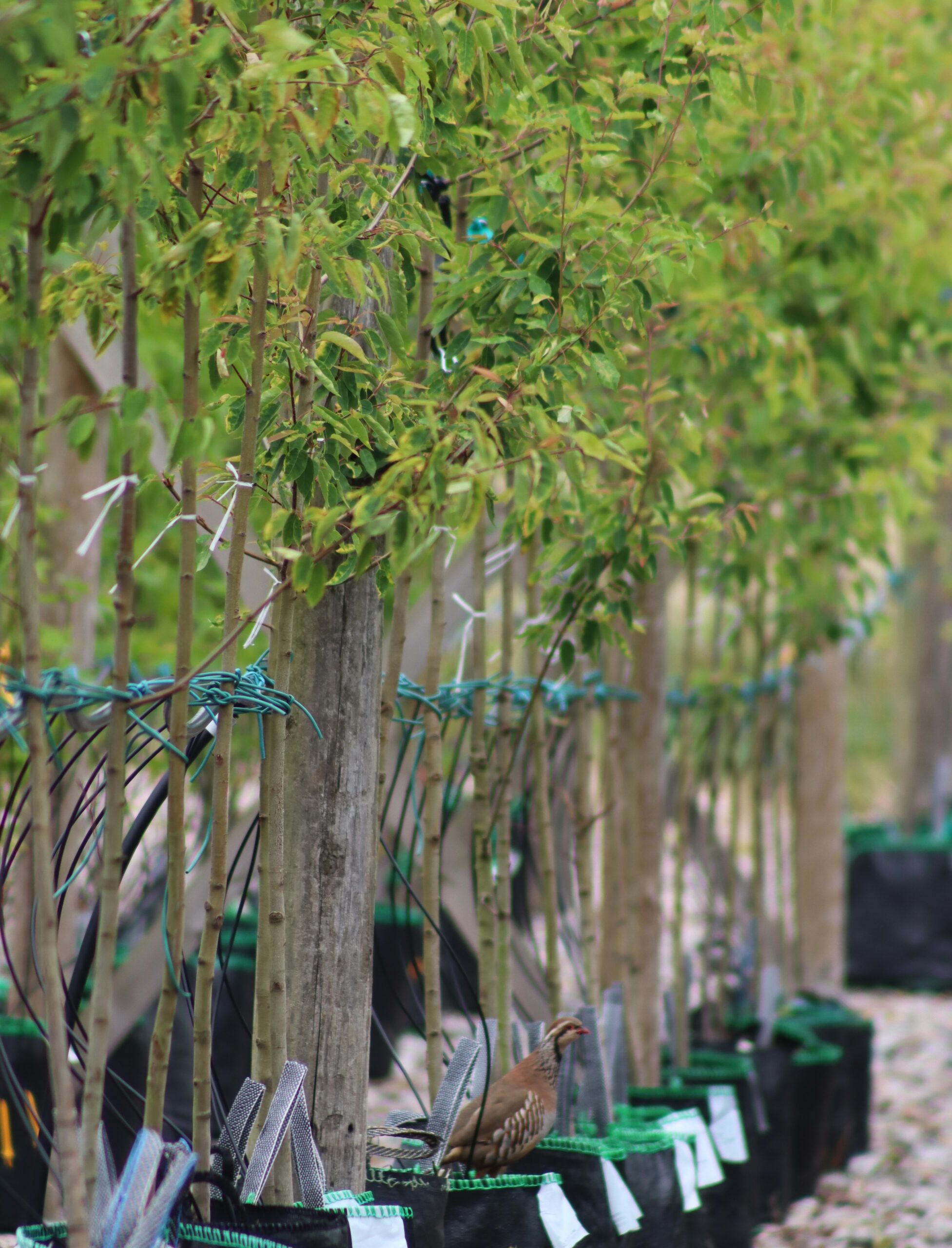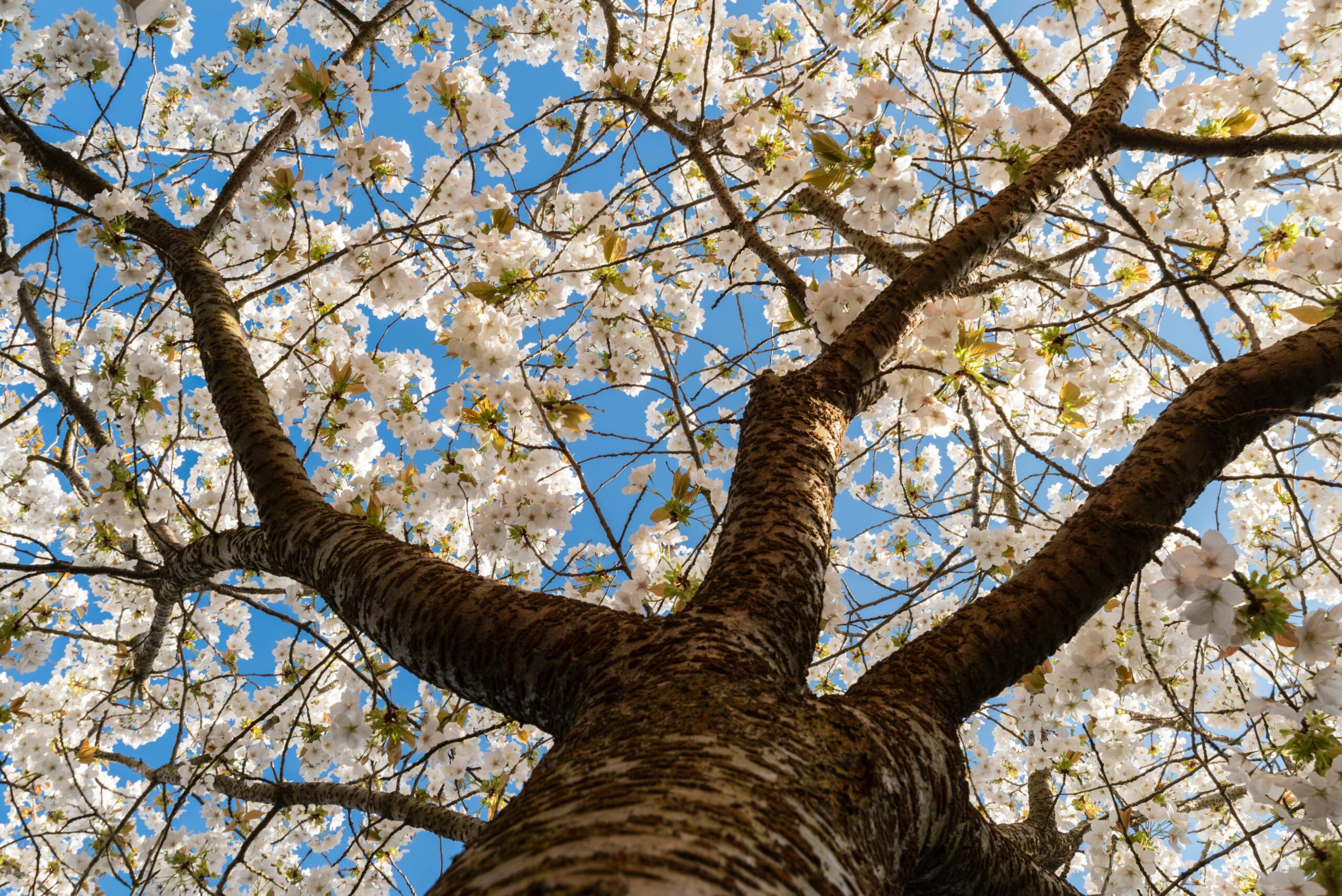The genuine and concerning threat to our environment largely arises as pests and disease enter the UK through imported trees. Over the last decade, there has been a significant increase in both the occurrence and intensity of these.
The Consequences
All plants, especially trees are very important to the UK landscape and environment. Most people would agree with His Majesty King Charles III when he stated, “the future without trees is unthinkable” and “we must find a solution before it’s too late”.
Loss of the UK landscape – Imported pests and diseases can kill or seriously affect a wide range of our tree species. The result could be a loss of important landscape and woodland trees, wildlife habitats, veteran, and ancient trees. All these trees have irreplaceable aesthetic value, and many are hundreds of years old. In urban areas we could lose the valuable ecosystem associated with trees, such as urban cooling, atmospheric particulate removal and surface water run off reduction.
Cost – The financial impact that pests and disease cause are vast. There are significant costs for the removal of diseased trees on highways and public areas, which is necessary on health and safety grounds for local authorities and private landowners. There is an impact on the value of property where amenity trees are removed along with a potential negative impact on local recreation, regional tourism, and the visitor economy.
Find Out More
Hillier Offering Reassurance
Our industry needs to do everything within its power to prevent further pest and diseases from entering the UK. That’s why here at Hillier Trees we:
- Have a robust biosecurity policy which is regularly reviewed and updated.
- Are holders of three key biosecurity / environmental accreditations.
- Operate a zero-tolerance approach to biosecurity and will not import trees that are host to major pests and diseases from infected areas.
Our field grown trees are grown within our own fields for a minimum duration of 5 years, with certain specimens remaining under our care for as long as 25 years. The vast majority of our container grown stock will have originated from our own field production.
Contact Us


